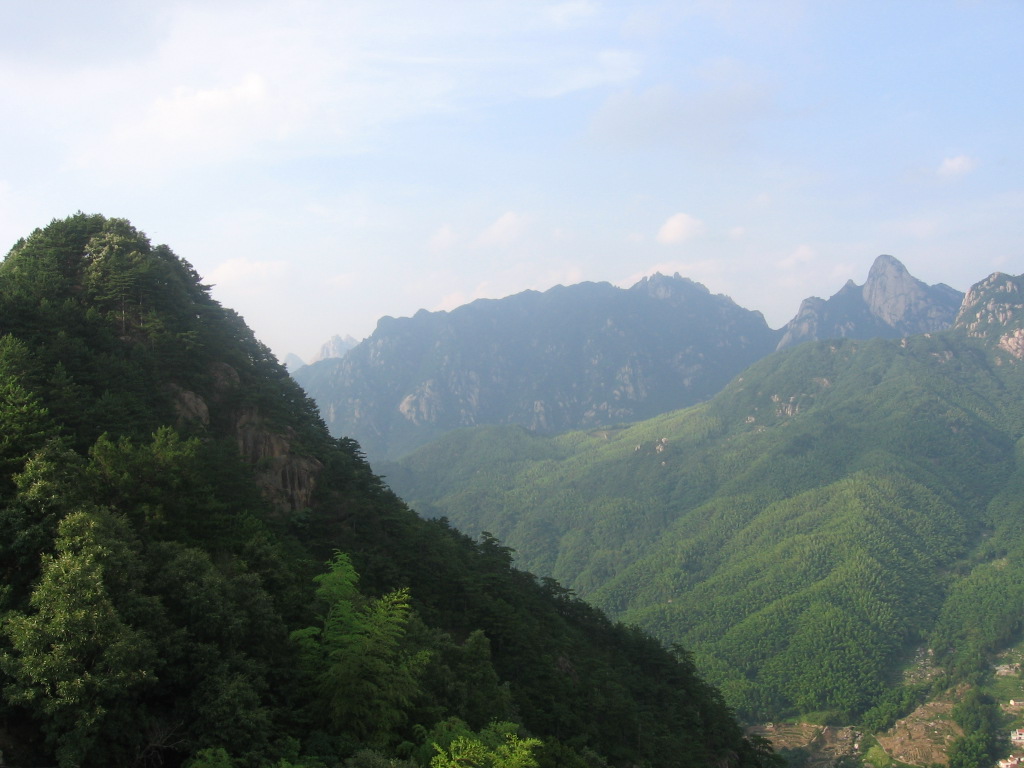A preliminary study reported by the British Psychological Society Research Digest turns up a new angle on introversion and extroversion. Based on an extensive undergraduate survey, the study concludes that reported introverts were not necessarily content with periods of solitude, while extroverts could be. The explanation is based not on stereotyped personality but on a psychological factor called dispositional autonomy, derived from self-determination theory.
Simply put, people enjoy solitude who are “strong in this trait [dispositional autonomy because they] have alignment between their behaviour, values and interests,” are “resistant to pressure from others,” and “are interested in learning more about their personal experiences and emotions.” “High scorers in autonomy enjoyed solitude more than others and sought it out for its own sake,” concluded the researchers.
This makes sense. Historical hermits were autonomous in psychological and physical modes or dispositions. They resisted the pressure of those who disagreed with them but also those who imposed their authority. They were in philosophy and spirituality always seeking to make progress and to learn more about how they progressed and what worked or did not. Historical recluses were not hermits and generally feared encountering others and, for that matter, themselves. While the study is not peer-reviewed and still preliminary, the notion of dispositional autonomy and self-determination are valuable clues beyond the older personality theory.
URL: https://digest.bps.org.uk/2018/09/17/who-likes-to-be-alone-not-introverts-according-to-a-new-paper-on-personality-and-the-experience-of-solitude/

